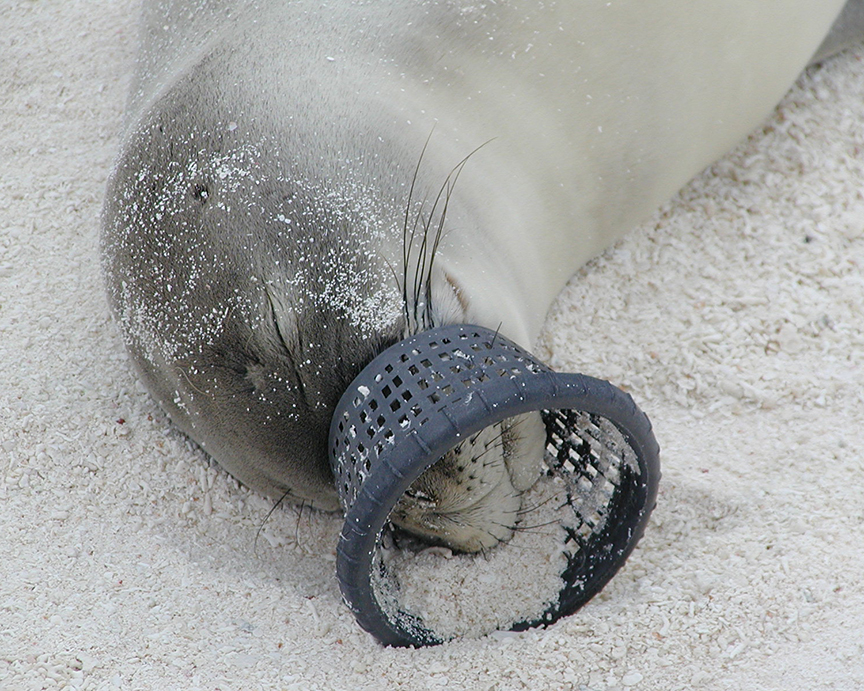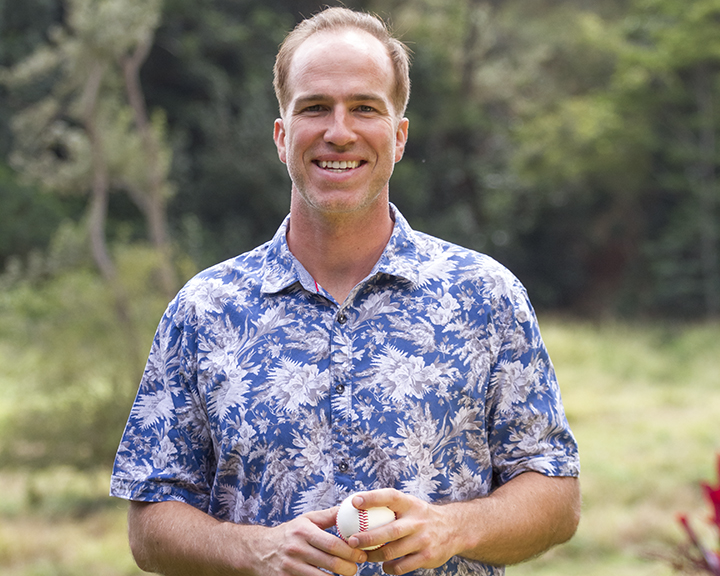By Amy Lortie
Along with proper sleep, good diet and adequate exercise, water is essential for health. Not only do we need it for proper functioning of our bodies, we also need it for mental health. On Kaua‘i, we are so fortunate, this top-notch health resource falls out of the sky!
Most health experts agree that 75 percent of Americans are chronically dehydrated. That number may be even higher in warmer climates, where people tend to sweat even when they are not exerting themselves.
For people without other health complications, the two indicators of dehydration are the color of urine, and the ability of the skin to rebound. If your urine is anything darker than light yellow, you are probably dehydrated. If you pinch the skin on the back of your forearm and it tents and does not readily bounce back to its normal appearance, there may not be enough fluid pressure in the underlying tissues to support it. Even water retention can be an indicator of dehydration: swollen ankles for example can mean that your body is trying to hang on to what little it’s got.
The impact of dehydration cannot be overstated. Every single cell and organ requires a certain amount for optimum functioning — including our brains.
We all know that our bodies (lean muscle) is about 70 percent water, but few of us consider that our brains are 85 percent H2O. Consistent lack of enough fluid has been linked to chronic joint and muscle pain, fatigue, memory loss, cognitive brain function loss, anxiety and depression, headaches, immune and endocrine system dysfunction, and weight gain to name just a few.
In other words, our bodies need water to do everything — including thinking.
So, how much is enough? Of course, some people use more water than others due to occupation, activity level or environment. Those are the obvious factors but age, body weight, alcohol consumption and gender, to name a few more, can play just as big of a role. Even though women have more sweat glands, men tend to sweat more. People who carry around excess body fat use more fluid in metabolic processes, as do growing youngsters. Alcohol consumption triggers the body to release fluid, acting as a diuretic.
Because there are so many factors, there is no magic formula.
The proverbial eight 8-ounce glasses of water (about 2 quarts), is not a bad starting place — most people drink half that much coffee. Which by the way, has now been found to be no more dehydrating than water itself if you are a regular coffee drinker. Although its still not advisable to count on our morning caffeinated beverage as a water source. This may be enough if we are not chronically dehydrated, and not trying to catch up and do a bit of housecleaning.
Some believe you should drink when you are thirsty. That might work if you are not one of the estimated 37 percent of the population that has their thirst mechanism cross-wired with their hunger mechanism — probably caused by chronic dehydration.
If you think you may be in the 75 percent of chronically dehydrated Americans, you can try an interesting little experiment of hydrating for a few weeks.
If you have a backlog of toxins in your tissues from normal metabolism and then some environmental toxins through normal contact with the world, it may take more time to clear them out, as well as an extra quart of water.
Don’t get impatient or discouraged by the numerous trips to the potty — they will lessen as your body clears. The frequency of trips is not an indication that you are hydrated until the backlog has been cleared.
I find it best to spread out the hydrating over the day, and not do too much a few hours before bed, so that your sleep isn’t disturbed. A plan that seems to work well is one quart over 30 minutes in the morning, another midday and a third quart at about 5 p.m.
Cold water is also recommended over warm, as it more easily absorbed into the system. If you find plain water boring, luckily another fabulous thing also falls out the sky; coconuts!
Coconut water (not milk) contains potassium and magnesium, two important electrolytes for maintaining fluid balance.
I’d be willing to bet, you will feel very different, in a good way.
Bottoms up!
- Amy Lortie, a health-care practitioner for 25 years, is just as inspired by assisting others on their path toward better health and self-fulfillment as she is by our lovely island.
Discover more from ForKauaiOnline
Subscribe to get the latest posts sent to your email.






Leave a Reply